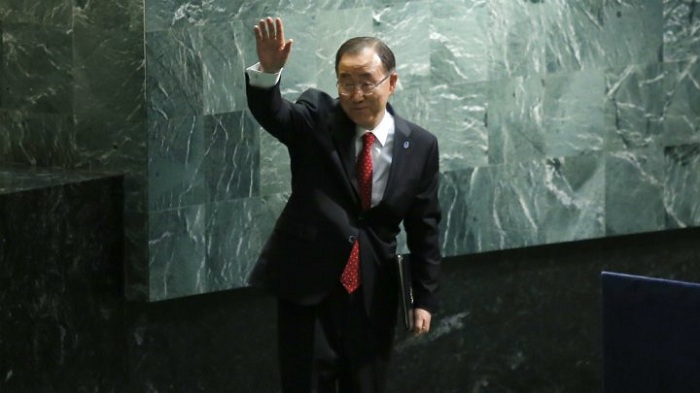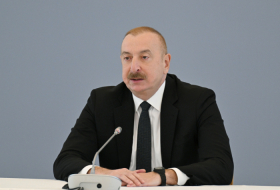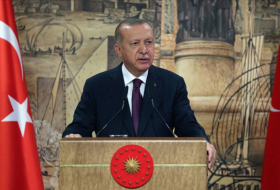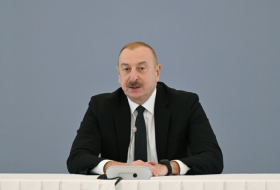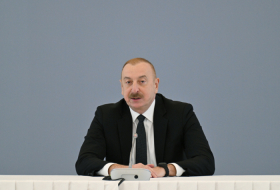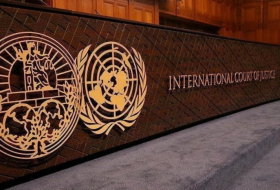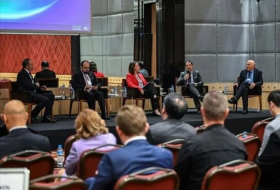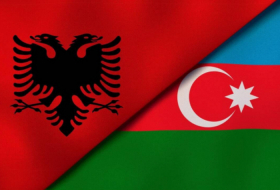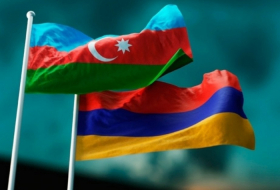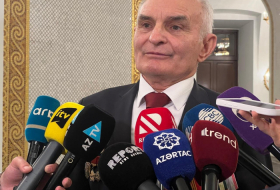Mr. Moon, a former lawmaker from the country’s largest opposition party who narrowly lost the 2012 presidential election to Ms. Park, had already been pulling away from Mr. Ban in recent polls. But Mr. Ban’s withdrawal cements Mr. Moon’s dominant position as the prohibitive front-runner for the presidency.
Since massive street demonstrations erupted late last year against Ms. Park amid allegations of influence peddling, many conservatives aligned with her have looked to the former U.N. chief as a potential flag bearer.
Shortly before his U.N. term ended at the end of December, Mr. Ban enjoyed a comfortable lead in domestic polls.
Mr. Ban, a former South Korean foreign minister, stoked speculation about his future plans by saying he would give his all for the nation, and drew a raucous crowd of supporters when he returned to South Korea last month.
Since then, he has kept up a busy pace of public appearances even without formally announcing his candidacy, giving speeches and meeting prominent political figures.
But Mr. Ban began to lose steam as he toured the country, amid signs that he was out of sync with public demand for a more dramatic break from Ms. Park’s scandal-ridden presidency.
Mr. Ban’s reputation also took a hit after his brother and nephew were charged in a bribery case in the U.S., just as Mr. Ban was returning home.
Mr. Ban encountered fierce criticism from the domestic media and from rival politicians, who painted Mr. Ban as a continuation of Ms. Park’s rule.
The criticism resonated at a time when millions were flooding the streets of Seoul in protest, fueling the rise of political outsiders such as Lee Jae-myung, the mayor of a city outside Seoul, who rode a wave of popularity championing policies far outside the status quo.
Mr. Ban called an end to all that with his announcement Wednesday, saying that he had given up on his “pure wish to bring national integration.”
He also lashed out at some of the criticism he faced in recent weeks, expressing frustration with the political discourse in the country.
“The narrow-minded attitude of some politicians was a great disappointment and I realized that it is futile to walk the same path as them,” he said.
The loss of a household name such as Mr. Ban leaves the country’s conservatives in disarray. Half of Ms. Park’s party splintered off under the banner of “Bareun Party,” or the “Righteous Party,” seeking to distance themselves from her.
The political maneuvering comes even without a timeline in the race to succeed Ms. Park. While Ms. Park’s impeachment was approved by the country’s lawmakers, a final decision on removing her is being deliberated on by South Korea’s Constitutional Court, which has until June to make a decision. If the court votes to remove Ms. Park, a snap election would follow within two months.
/Wall Street Jorunal/
More about:








